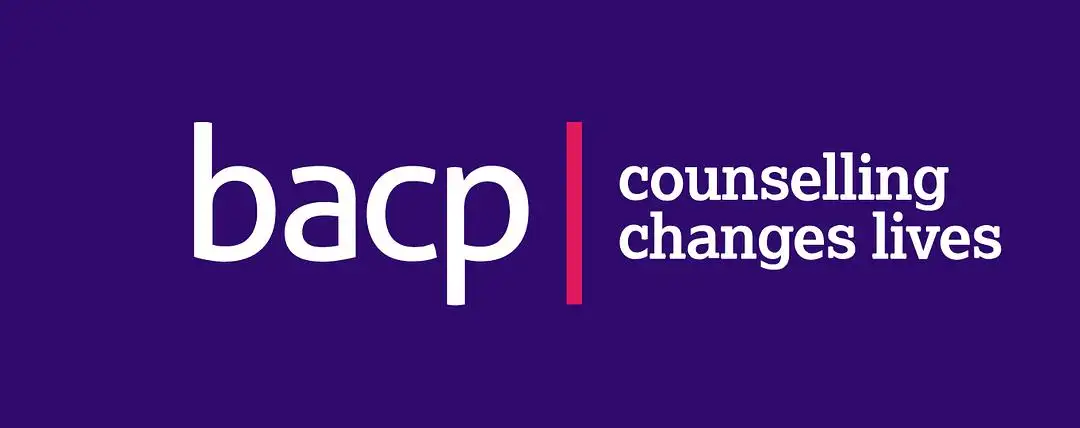Release time: 2022-04-04 12:34

New training course for video (online) and phone therapy
'Video and phone counselling 2.0: advancing your knowledge' is a new online CPD course developed by the Open University and BACP for counsellors working remotely
This new online course is designed as continuing professional development (CPD) for qualified or student counsellors and psychotherapists who already have some experience of working remotely, or who have completed a core online and phone therapy training course.
Developed jointly by the Open University and BACP, it provides real world and practical support to help members build their knowledge and confidence, and improve the effectiveness and safety of the therapy they offer remotely. It includes various activities, films illustrating practice, audios from experts and a quiz to check understanding.
Research-based
The content is based on and informed by research conducted both before and during the COVID-19 pandemic. The OU and BACP research study, conducted in 2020-2021, was the biggest qualitative study to date examining counsellors' experiences of offering video and phone-based therapy.
All content has also been checked by BACP Professional Standards.
How to book
Booking is via EventBrite at Video and phone counselling 2.0. There is a special discount rate of £75 for BACP members.
You'll need to choose a specific date and time to book, but once you've enrolled you can take the course whenever you want.
OPT training and competences
This course will provide you with elements of OPT knowledge and understanding that are part of BACP's 'Online and phone therapy (OPT) training curriculum'. However, it does not cover all the aspects included in full core or extended OPT training set out in the training curriculum, and so will not necessarily mean that you have gained ‘competence’ in online or phone counselling. Competence is best assessed through evaluation of your own online counselling practice by an appropriately qualified supervisor or tutor.
Due to the speed of development of information technology, any published guidance can only reflect a specific moment in time. Members should continually update their practice to ensure they are ‘working to professional standards’ (Ethical Framework for the Counselling Professions 2018, Good practice points 13 and 14).